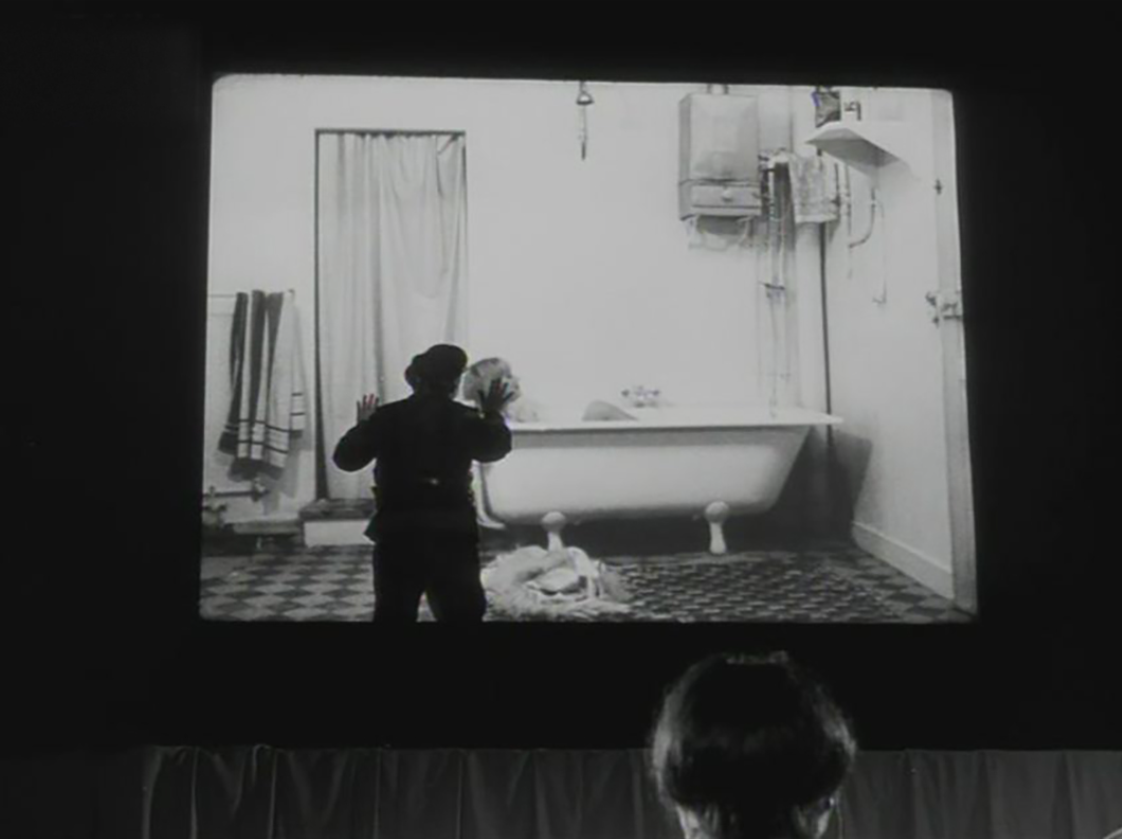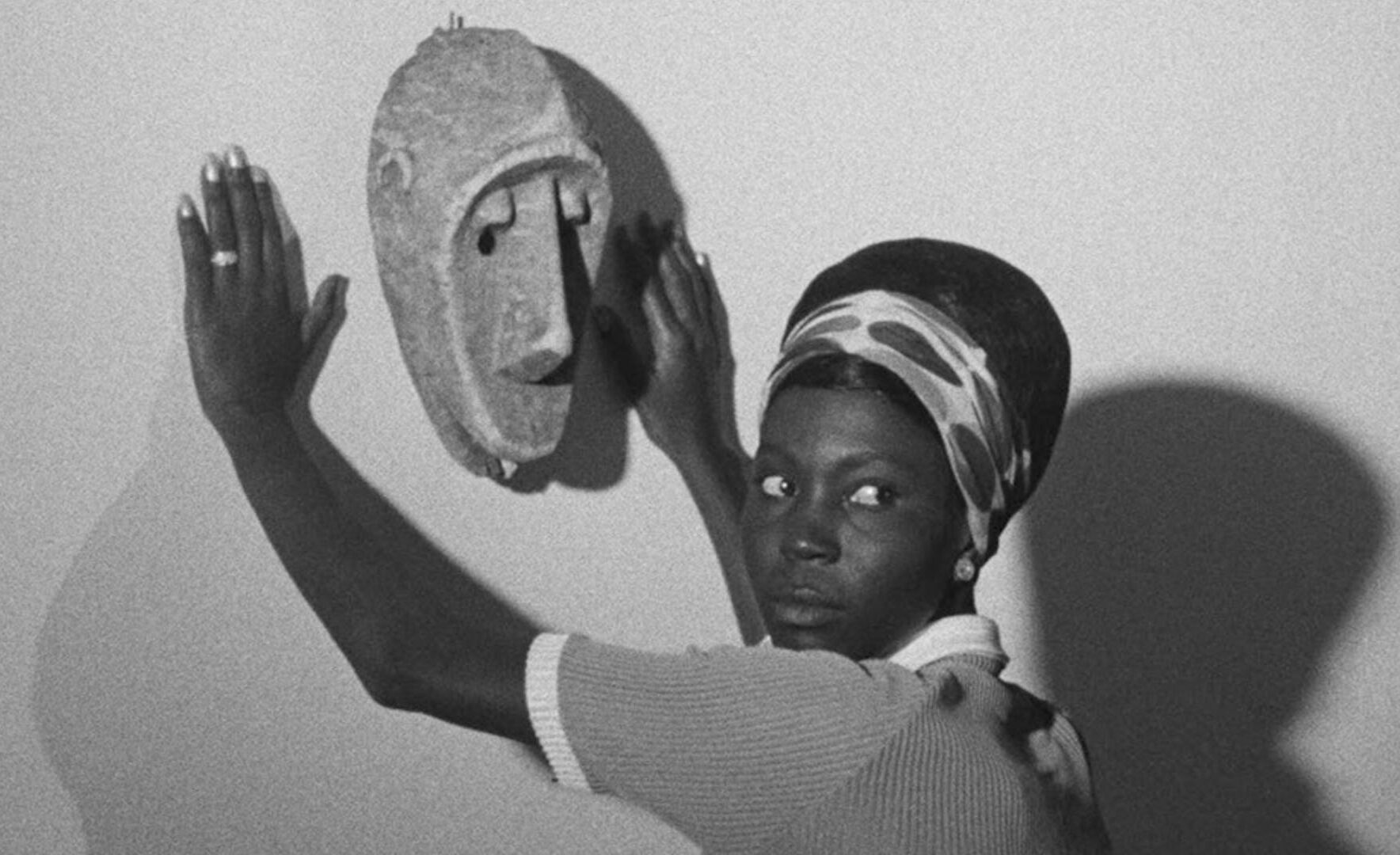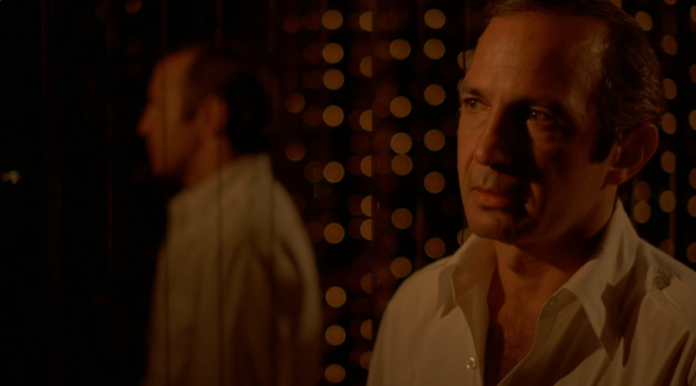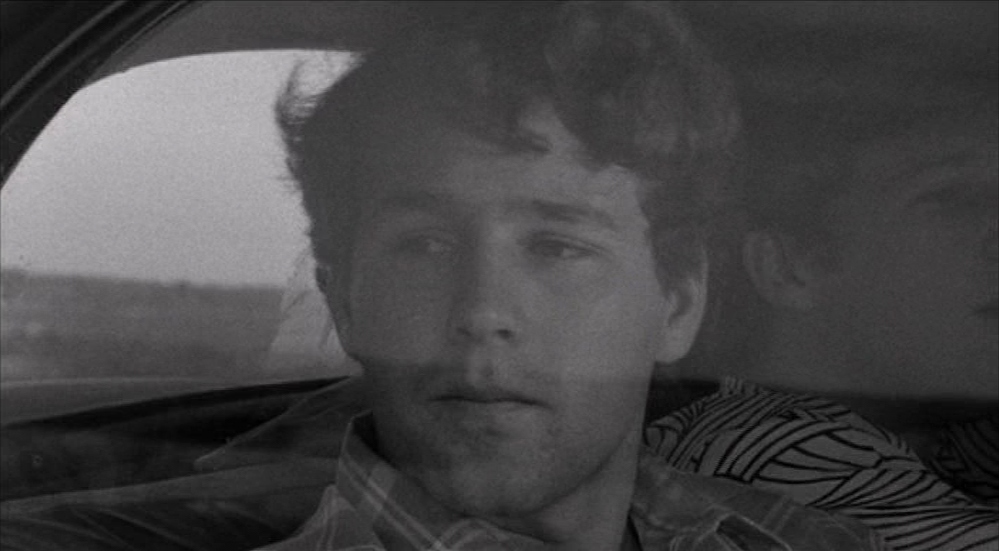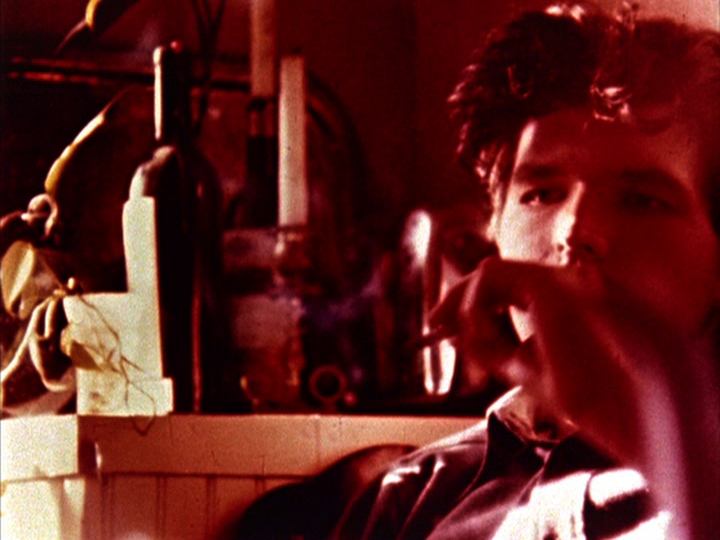Quando Michel-Ange nel rosselliniano Les carabiniers (1962) di Jean-Luc Godard entra nella sala cinematografica per la prima volta nella sua vita ha le medesime reazioni che avevano gli spettatori dei fratelli Lumière. È atterrito e attratto. Cerca di spiare ed entrare dentro l’immagine, soprattutto per vedere meglio il corpo nudo dell’attrice, poiché questo – lo […]
